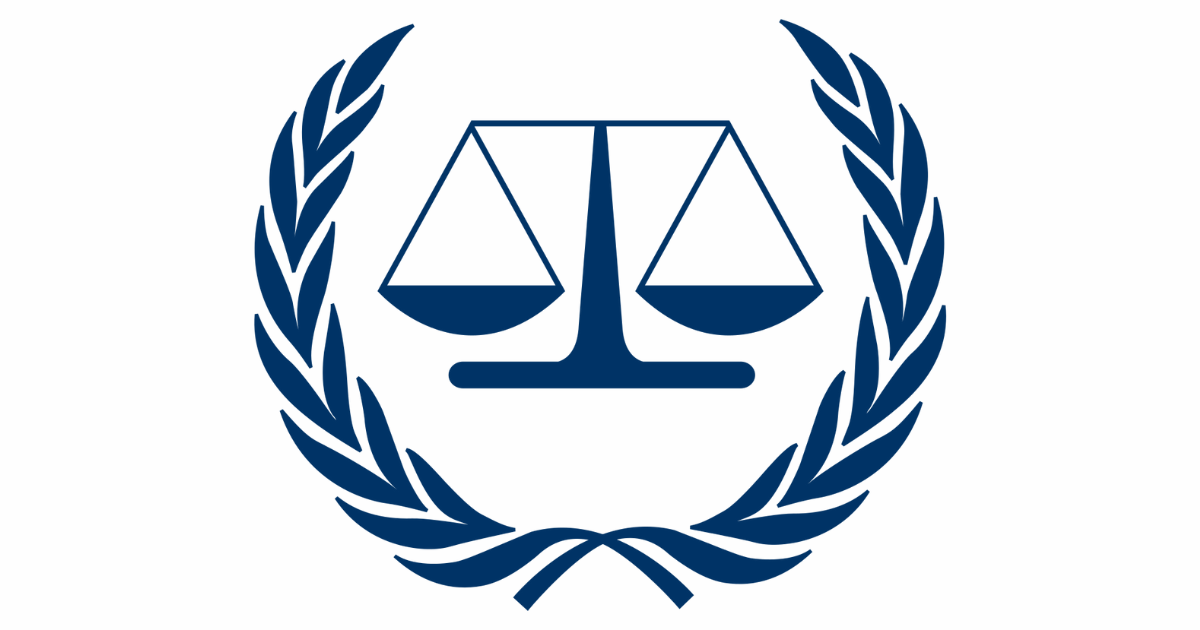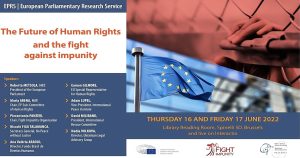No Peace Without Justice welcomes the issuance of the first arrest warrants by the ICC in the situation in Ukraine, which comes just over one year after the opening of an investigation there. The charges are significant in that they focus on children, namely the war crimes of the unlawful deportation and the unlawful transfer of a population, in this case consisting of children, from Ukraine to the Russian Federation.
“The most striking thing about these arrest warrants is that they put children at the heart of justice, by focusing on their experiences as the subject of the first arrest warrants in a situation that the world has been watching since February 2022,” said Alison Smith, NPWJs International Criminal Justice Director. “It is significant because children’s experiences are often under-represented in the investigations and prosecutions of international courts; and when they are included, too often the focus is on child soldiers, which is important but only a fraction of the disproportionate impact children suffer during armed conflict. We look forward to future arrest warrants maintaining this focus on children, while also addressing the experiences of women and all people in Ukraine, to ensure that by the time the ICC will have completed its mandate, the charges will be representative of the experiences of all Ukrainians.”
The opening of the investigation in Ukraine on 3 March 2022 was followed by unprecedented financial support for the Office of the Prosecutor over the course of 2022, with many States providing voluntary funds and gratis personnel to support the Office in conducting its investigations in Ukraine and in all of its other situations. “The swiftness of the issuance of the first arrest warrants appear to be a direct result of the support provided by States and others from March 2022, which shows what the ICC is capable of if it has the necessary resources. We hope States Parties see this as a wake-up call to support the Court having the necessary resources through its annual budget, also to ensure that the Court’s funding is sustainable and not subject to the whims of political vicissitudes,” Smith added.
Beyond financial support, States also offered strong political support to the Court following the start of the Russian war in Ukraine in February 2022. A total of 39 States Parties referred the situation in Ukraine to the ICC, starting with Lithuania on 1 March 2022 and another 38 States led by the United Kingdom joining that request on 2 March 2022. Since then, there have been numerous conferences and actions at the United Nations that have underscored the support of many States for justice and accountability, including through the ICC, for crimes being committed in Ukraine. “The arrest warrants are also significant in that they go after the biggest fish – the Russian President,” Smith continued. “No doubt this will raise many legal questions, since not only is Ukraine not a State Party to the ICC, neither is the Russian Federation. But it is an important indication of the intention of Prosecutor Khan to locate responsibility with those making the ultimate decisions, in this case President Putin through the issuance of Presidential decrees to expedite Russian citizenship for Ukrainian children taken from orphanages and children’s care homes. If President Putin is ever to stand trial, the political support shown by States since the opening of the investigation will have to be matched by operational support in the form of executing the arrest warrants whenever that is possible.”
“Now that we have these arrest warrants, it is critical to strengthen the ICC’s work on outreach and victims participation and to develop a court-wide completion strategy so that the people of Ukraine, and indeed the world, can know what to expect and can participate effectively in the Court’s work”, Smith concluded. “Justice is not a zero-sum game: victims in Ukraine do not want justice at the expense of victims in Palestine, the Philippines, Burundi or anywhere else. So at the same time – and this is also contingent on States Parties living up to their responsibility to ensure the Court has sufficient and stable resources – the Court must ensure that other situations in which investigations and preliminary examinations are being conducted are not forgotten.”
For further information, contact Alison Smith, International Justice Director, on asmith@npwj.org or Nicola Giovannini, Press & Public Affairs Coordinator, on ngiovannini@npwj.org.




